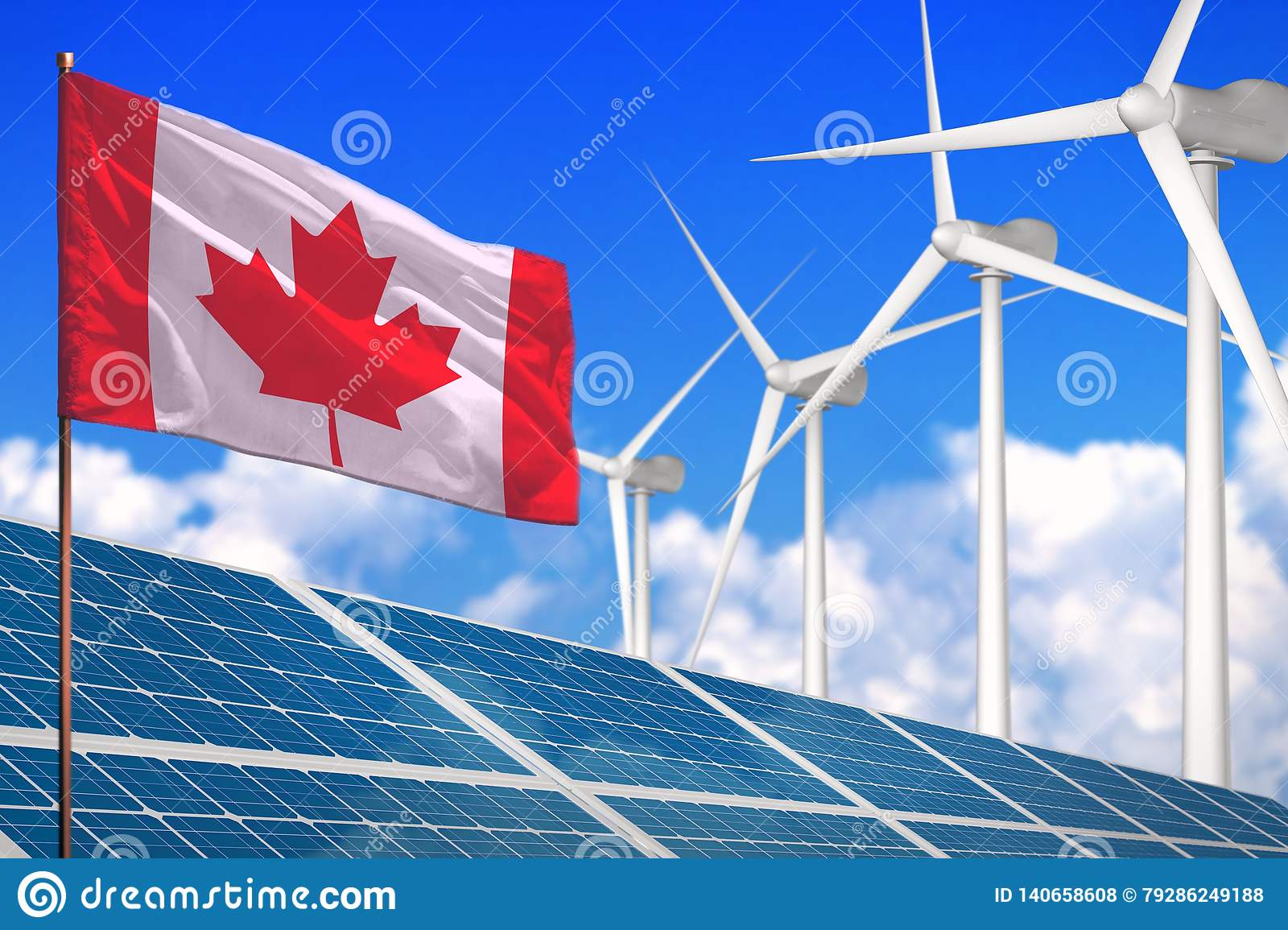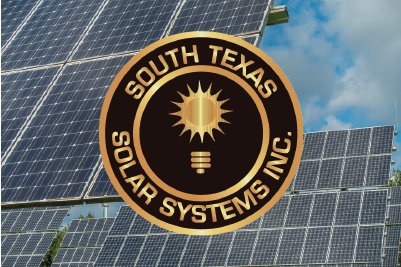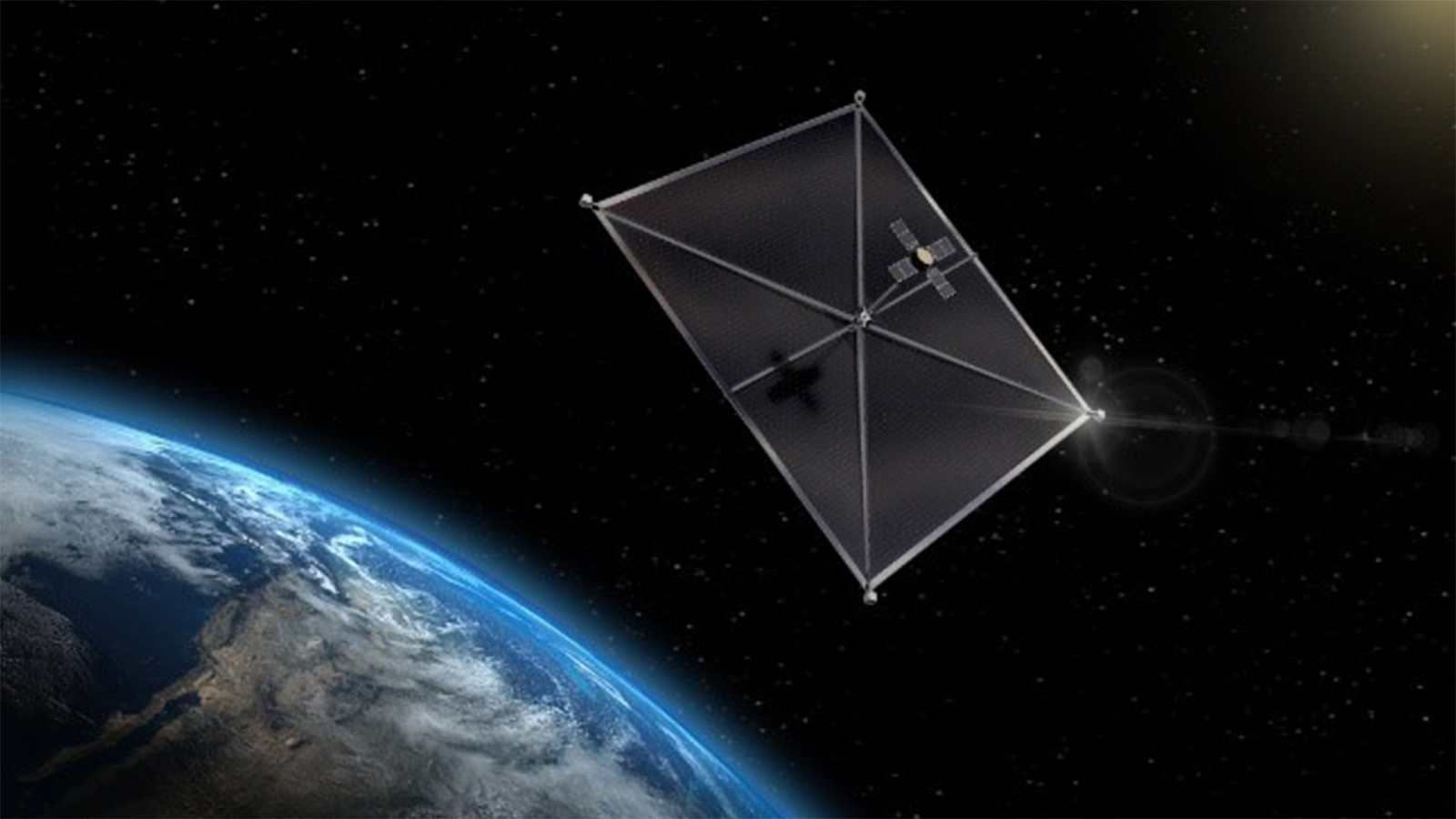
Are you thinking about installing solar panels on your home? You may also wonder whether you can use rain to power them. You might also wonder if they are worth it if you don’t have electricity at nights. Continue reading to find out more about solar panel technology and how it works.
Does solar power produce electricity at night using solar panels?
Solar panels must be exposed in sunlight to generate electricity. Photovoltaic cells are semiconductors that capture sunlight during the day and release electrons to produce electricity. The panels will not produce electricity if they are exposed to darkness at night. They can still produce electricity during daylight hours if they are in isolated areas or areas that only receive partial sunlight.
Solar panels, however, do not generate electricity at night like conventional power plants. Jeremy Munday from the University of California Davis, an electrical and computer engineer, developed a new type of cell that generates 50 watts per sq. meter of electricity during the night. This is roughly a quarter the output of solar cells during the day.

Can they be powered from rain?
This may sound like science-fiction, but scientists have already begun to explore unconventional sources of energy. One example is rain. The water drops that fall on a solar panel create electricity. Researchers must first understand how raindrops form. They must also understand how fast the rain falls. Raindrops can accelerate to create electricity. This process is very similar to photosynthesis. The panel's water droplets are excited by the sun, which causes them split into two particles, and releases one electron after the other.
Although heavy rain can damage solar panel panels, light mist can help them. It can even be used as a barrier. Heavy downpours, however, are more likely to cause damage to your solar panels.
Are they worth it if they don't?
When you are considering solar panels for your home, one of the most important questions is "Will they work at nights?" Luckily, that's not necessarily the case. Modern solar panels include built-in reflectors which allow them to absorb more sunlight and increase their efficiency. Solar panels work better in cool temperatures because they have more efficiency. They'll be less efficient in hot weather.
Another thing to consider when deciding whether solar panels are worth the investment is their cost. Solar panels used be a bulky and heavy silver frame. Now they can fit in any type of roof. You can choose from a variety of colors and models that can replace your existing root systems. Some homeowners even have the option of designing their systems so that they're not visible from the street.

If your solar panels don't work at night, they might not be worth it. A solar panel may not be able generate enough electricity to power your refrigerator at night. The solar output is lower in rainy months and doesn't meet your winter use. Although you can consider additional solar panels to reduce the risk of power outages, it will cost more.